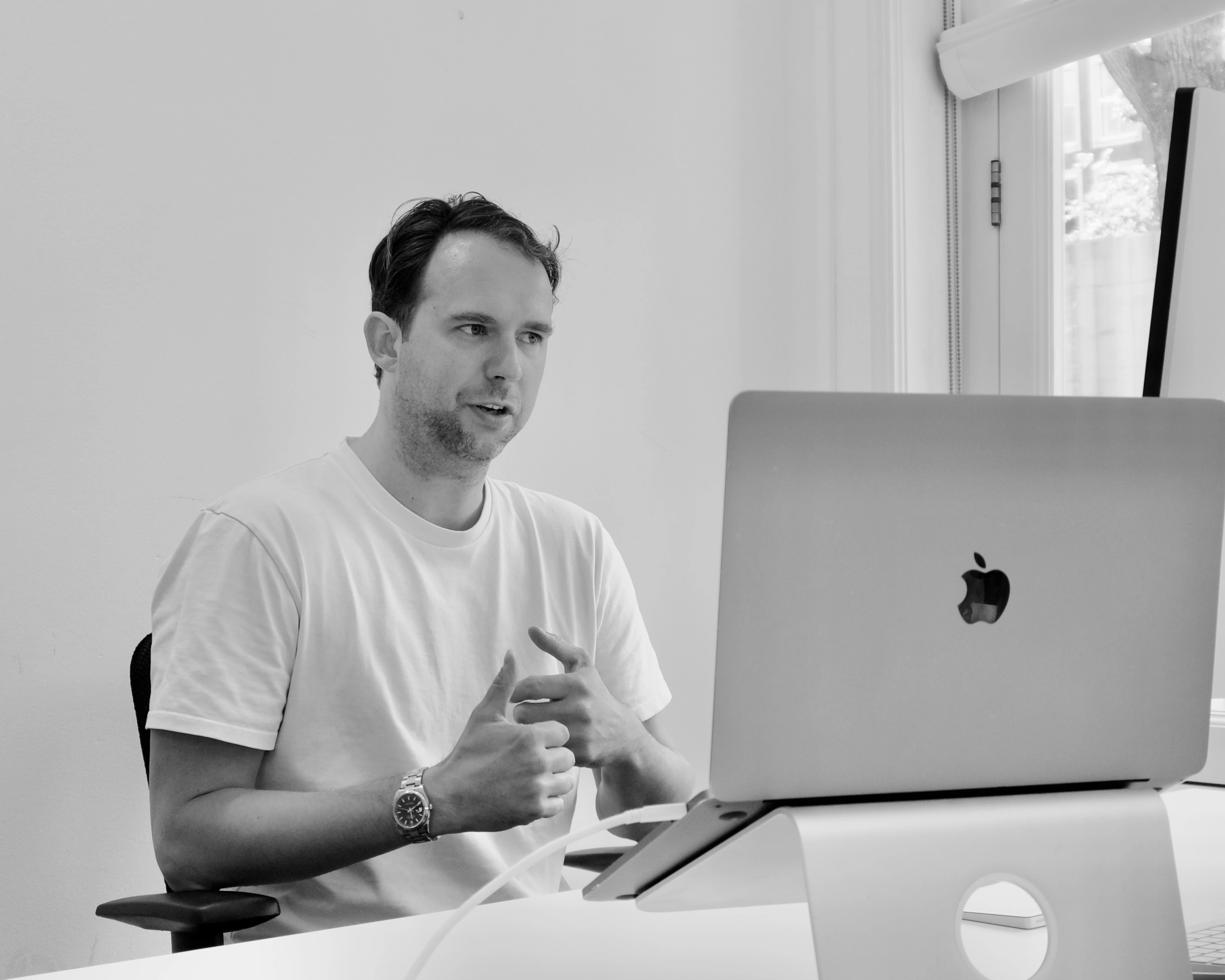Market update: First quarter 2023
The first quarter of this year brought a positive investment return for all investment categories. Global equity investments had the highest return (+5%). However, the financial markets were also shaken by scandals in the banking sector. Is more turbulence to be expected, and what influence does this have on your investment plans?
Banking scandals
In the U.S., some regional savings banks ran into trouble. Silicon Valley Bank and Signature Bank went bankrupt, and the share price of First Republic Bank collapsed. The risk management at these banks was poor. This is because smaller regional banks in the U.S. are subject to less stringent rules than larger banks. Good to know: within the European Union, the same capital requirements apply to banks, regardless of their size.
In Switzerland, which is not a member of the EU, the centuries-old bank Credit Suisse succumbed to various scandals. To prevent further problems, the regulator forced a takeover of Credit Suisse by their Swiss fellow banking institution UBS. As a result, losses occurred in the equity portfolio on positions in these banks. What does this mean for the investment plans?
Because Vive only invests in well-diversified, passively managed equity funds, a single bankruptcy can never have a major impact on returns. The positions held by these funds in a single company are proportional to the total (stock market) value of that company, the market capitalization.
Therefore, there is no speculation on more favorable price developments of a single company compared to other companies. In the equity investments in your investment plans, there has been a minimal position in Silicon Valley Bank, Signature Bank, First Republic Bank and Credit Suisse. In total 0.09%. The loss suffered from this is approximately 0.08% of the equity investments.
That was very different at the largest pension fund in Sweden: Alecta. Alecta appeared to have a multiple of the ratio, to market capitalization, of Silicon Valley Bank in their portfolio, causing it to suffer large losses. The director of investments was therefore fired as a result of this multi-million dollar loss.
Best fund performance in the first quarter: Northern Trust World Custom ESG Equity Index Fund +5.05%

Last quarter brought a positive investment return for all investment categories. Equity markets are anticipating a cautiously favorable profit scenario for the business community.
Can we expect more turbulence?
It is not expected that more unrest will occur. The developments and scandals in the banking sector are isolated and will not trigger a chain reaction like the credit crisis in 2008.
Interest rate developments will mainly be driven by central banks' policies to curb inflation. In March 2023, the Federal Reserve (FED) of the United States raised interest rates to 4.75% - 5.00%, a sharp increase of two percentage points since the end of last year. The European Central Bank (ECB) is also pursuing a policy of interest rate increases, with the aim of reversing the increase in inflation into a decrease, to the level of the inflation target (around 2%). Investors expect the ECB to succeed in this, because as of the end of March, long-term interest rates are around the level of 2.5%, while the short-term interest rate is above 2.8%.
Controlling inflation will ultimately be positive for the economy, as it prevents a wage-price spiral. Such a wage-price spiral can arise if increased wage costs per product are passed on in prices, and the resulting higher prices in turn lead to higher wage demands.
Short-term interest rate increases will affect companies financed with short-term debt, as they will pay higher interest rates. Companies with margins that are too low may run into problems as a result.
Geopolitical tensions around the world also continue to affect the financial markets. The war in Ukraine affects the prices of grain and oil. The escalating tension between China and Taiwan makes investors aware of the risks associated with dependencies in the supply chain of computer chips.
What does all this mean for my plans?
Don't let the market disrupt your long-term goals. Consistently sticking to your investment strategy with well-diversified portfolios is the key to long-term success.
Vive's investment strategies take into account the risks that are acceptable for your plan. Check the app to see how you have set your acceptable risk level for your investment plans. Fluctuations in the financial markets are not a reason to adjust your risk. A change in your personal situation may be. If you adjust your acceptable risk level in such a way that your current investment portfolio needs to be adjusted, Vive will automatically take care of this.
Good to know
Vive's expressions are composed to inform and entertain. The content should not be considered financial advice. Asset management involves risks.

maak een afspraak
Klaar voor een moderne oplossing voor pensioen of vermogen? Maak vrijblijvend kennis met Vive en ontdek wat kan - voor jouw organisatie.
Complex pensioen, simpel uitgelegd - weet direct waar je staat
Persoonlijk gesprek voor jouw situatie en die van je werkenemers
In 30 minuten meer duidelijkheid dan uren googlen
Alle ruimte voor vragen aan onze ervaren pensioenexperts









.webp)